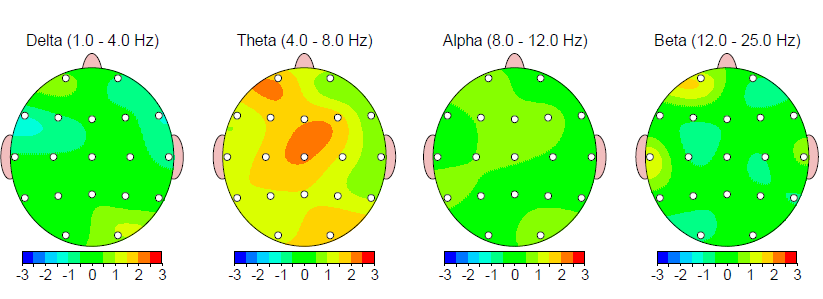Investigating How Sleep Ailments Disrupt Brainwave Function as well as Affect Cognitive Performance
Investigating How Sleep Ailments Disrupt Brainwave Function as well as Affect Cognitive Performance
Blog Article
Slumber is an essential part of our daily lives, enabling our bodies and minds to rest and recover. However, many people experience from sleep disorders, which can significantly disrupt sleep patterns. These disorders can result to multiple issues, including changes in brainwave activity. Neural waves are electronic signals in the brain that reflect our cognitive state and function. When sleep is disturbed, the typical patterns of brainwaves can be impacted, resulting to problems with cognitive function, such as recall, focus, and decision-making.
There are several types of slumber disorders, including sleeplessness, sleep apnea, and unsettled leg syndrome. Sleeplessness is defined by difficulty going or staying asleep, while slumber apnea involves pauses in respiration during sleep. Unsettled leg syndrome causes discomforting sensations in the limbs, leading to an compelling desire to move them. Each of these disorders can disturb the natural slumber cycle, which consists of various stages, including light sleep, profound sleep, and REM (rapid eye movement) sleep. Each stage holds a crucial role in preserving overall brain health and performance.
When sleep disorders disturb with these stages, neural wave activity can become erratic. For example, during profound sleep, the brain generates gentle delta waves, which are essential for physical restoration and recall consolidation. If a individual experiences repeated awakenings or does not reach profound sleep, the production of these delta waves is diminished. This can result to difficulties in learning new knowledge and retaining memories. Additionally, REM sleep, which is linked with dreaming and affective processing, is also affected. Interruptions in REM sleep can lead to problems with affective regulation and creativity.
The impact of slumber disorders on cognitive function is substantial. Research has shown that people with slumber disorders often experience challenges with attention and concentration. This can affect their performance at educational institutions or work, making it challenging to finish tasks or participate in discussions. Furthermore, long-term sleep deprivation can result to mood changes, increased stress, and even nervousness or depression. These cognitive and emotional challenges can create a cycle, where inadequate sleep leads to mental difficulties, which in turn can lead to more slumber problems.
Addressing slumber disorders is essential for improving neural wave Go Here activity and cognitive function. Treatment options may encompass habitual changes, such as creating a consistent sleep schedule, creating a cozy slumber environment, and engaging in relaxation techniques. In some cases, clinical intervention may be necessary, such as employing a CPAP machine for sleep apnea or medication for insomnia. By valuing sleep and pursuing appropriate treatment, people can enhance their overall mental abilities and improve their quality of life. Understanding the relationship between slumber disorders, neural wave activity, and cognitive function is an essential step toward better health and wellness.